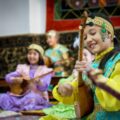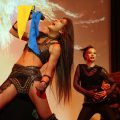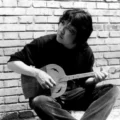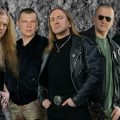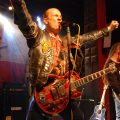Żywiołak, initially formed in Warsaw in 2005, is a Polish folk rock band steeped in mythos. Its name references the Elemental, a magical being said to harness the power of nature in the form of air, fire, water, or earth. Their lyrics sing of epic battles (in Wojownik, or Warrior) and explore the traditions of the early peoples of Poland, including the Vandals, a Germanic tribe that originally lived in Southern Poland and whose conquests spanned throughout Europe (in Epopeja Wandalska, or Vandal Epic). Żywiołak revives the history of its native nation while also connecting to a larger global community.
Biography and Influences of Żywiołak
Before the release of their debut album, Nowa Ex-tradycja (New World Tradition) in 2008, Żywiołak’s line-up was in flux. A percussion instrumentalist, Maciej Dymek, joined original members Robert Jaworski and Robert Wasilewski and was followed by two female vocalists named Anucha Piotrowska and Izabella Byra. From 2008-2011, singer Monika Sadkowska replaced Byra. Following her stint with Żywiołak, Sadkowska pursued climate activism and worked with the World Wildlife Fund.
Musically, Żywiołak blends classical folk instruments with rock and metal elements like distorted guitar and heavy bass. Many tracks feature the hurdy gurdy, a crank-operated instrument with similar range to a violin found across cultures in Medieval Europe. In addition, the female vocalists occasionally utilize diaphony, a dissonant vocal harmony found in traditional Slavic cultures, to create tension and contribute to the witchy feel of many of their tracks. A great example of this diaphony can be found in Ballada o głupim Wiesławie, The Ballad of Stupid Wieslaw, below.
Pagan Roots and Modern Popularity
Despite Catholicism’s religious dominance in Poland, Żywiołak is unafraid to reference pagan magic, evil spirits, and witchcraft. Oko Dybuka (Eye of the Dybbuk), a track on their first album, references a malevolent ghost from Jewish folklore. Czarodzielnica (Witch’s Night) is a vivid incantation, a song that invites in a myriad of mythical mischief makers including Slavic folk icon Baba Yaga, who often appears as an old crone who lives in a house with legs.
The song Bóstwa (Deities), included on 2017 album Pieśni pół/nocy (Midnight Songs), mirrors Żywiołak’s place as an ambassador between Slavic folk tradition and modern, Western rock through its depiction of Kupala, a pagan holiday celebrated on the longest day of the year. Originally practiced as fertility rites and an homage to the Sun, Kupala became Ivan Kupala, and fused with the Christian John the Baptist in a process known as syncretism.
Istanbuł (Istanbul) begins with an acknowledgment of the social effects of Catholicism and embraces Europe’s religious diversity. This track is featured on Żywiołak’s concept album Globalna Wiocha (Global Village), where the band composed songs based on major cities in Europe, including Moscow, Berlin, and Oslo. Through this album, Żywiołak reveals its modern, pan-European stance without losing the pride of its original Polish source material.
Żywiołak has performed across Europe, including extensively in Germany. Their song Noc Kupały (Night of Kupala) was nominated for Eurovision’s “Song of Europe” in 2008, though it was disqualified because it had been previously performed before the agreed upon date. The soundtrack of the video game World of Tanks contains a song by Żywiołak, a song which is also their most played track on Spotify with 5.8 million listens. Their single Sol Invictus has enjoyed 3.2 million hits on YouTube and nearly 2 million plays on Spotify.
Żywiołak, the powerful elemental, seems to have mastered all four: rock and folk, history and the present. They have seamlessly fused rock and folk to blur time between themselves and their ancestors. Even if it’s to expand your Dungeons and Dragons playlist, or play something in the background while you slay kikimori in Witcher, Żywiołak is worth an afternoon (or perhaps a few centuries) to explore their songs and entertaining music videos.
You’ll Also Love
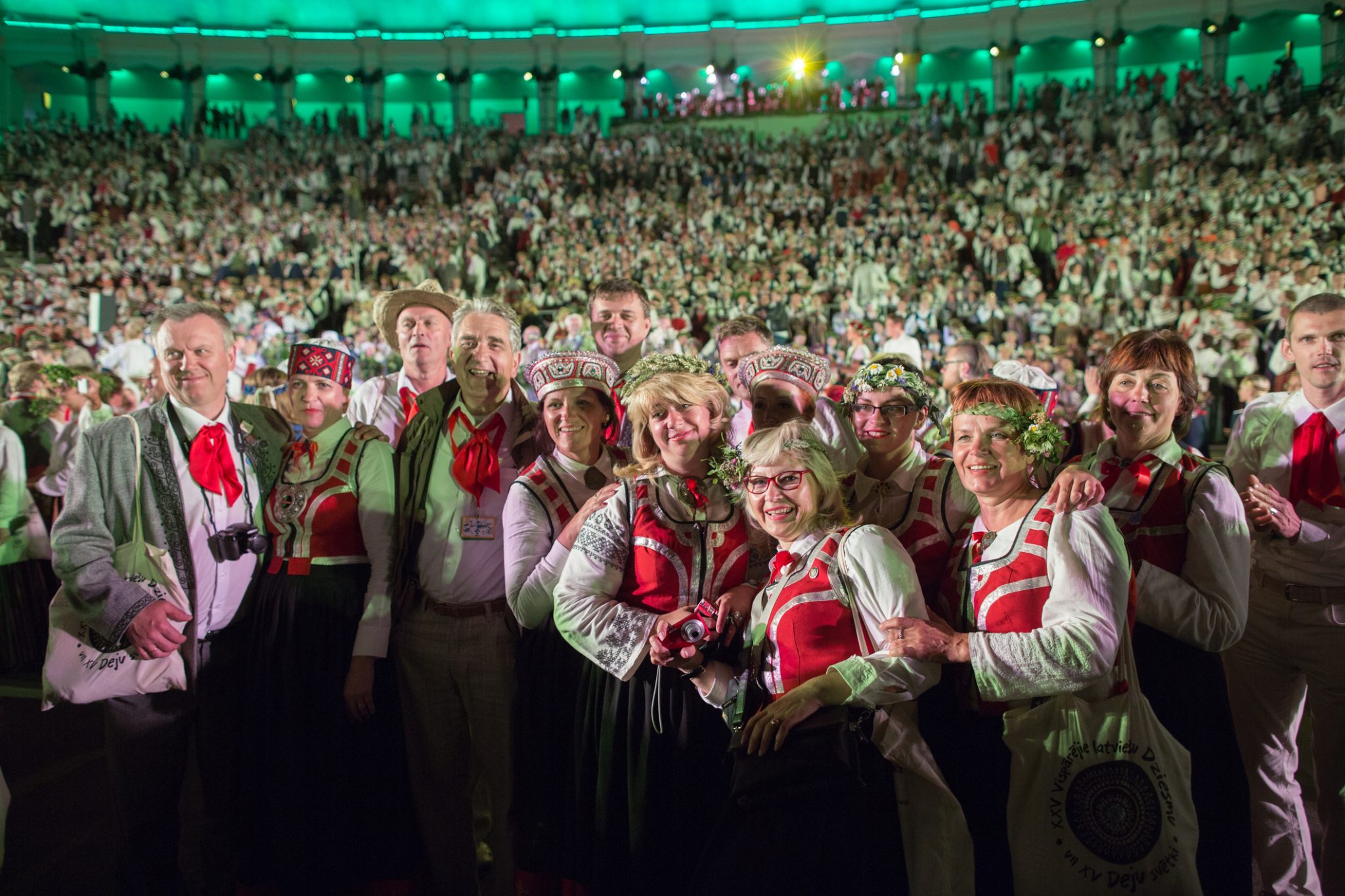
The Latvian Daina: How Four-Line Folk Songs Helped Birth A Nation
The Latvian daina is far more than a folk song. This tradition stretches back over a millennium, with some examples preserving linguistic forms long lost in modern Latvian. These songs are credited with recording Latvia’s prehistory and sustaining its culture through centuries of foreign rule. Dainas were central to the Latvian National Awakening, which eventually […]

From Folk to Future: Localizing Sound in Modern Ukraine
In the decades since Ukraine gained independence, music has played a vital role in shaping and expressing a modern sense of national identity. This has been especially visible in the creative ways artists have drawn from the country’s folk traditions—adapting village songs, instruments, and motifs into new genres that resonate with contemporary audiences. Whether through […]
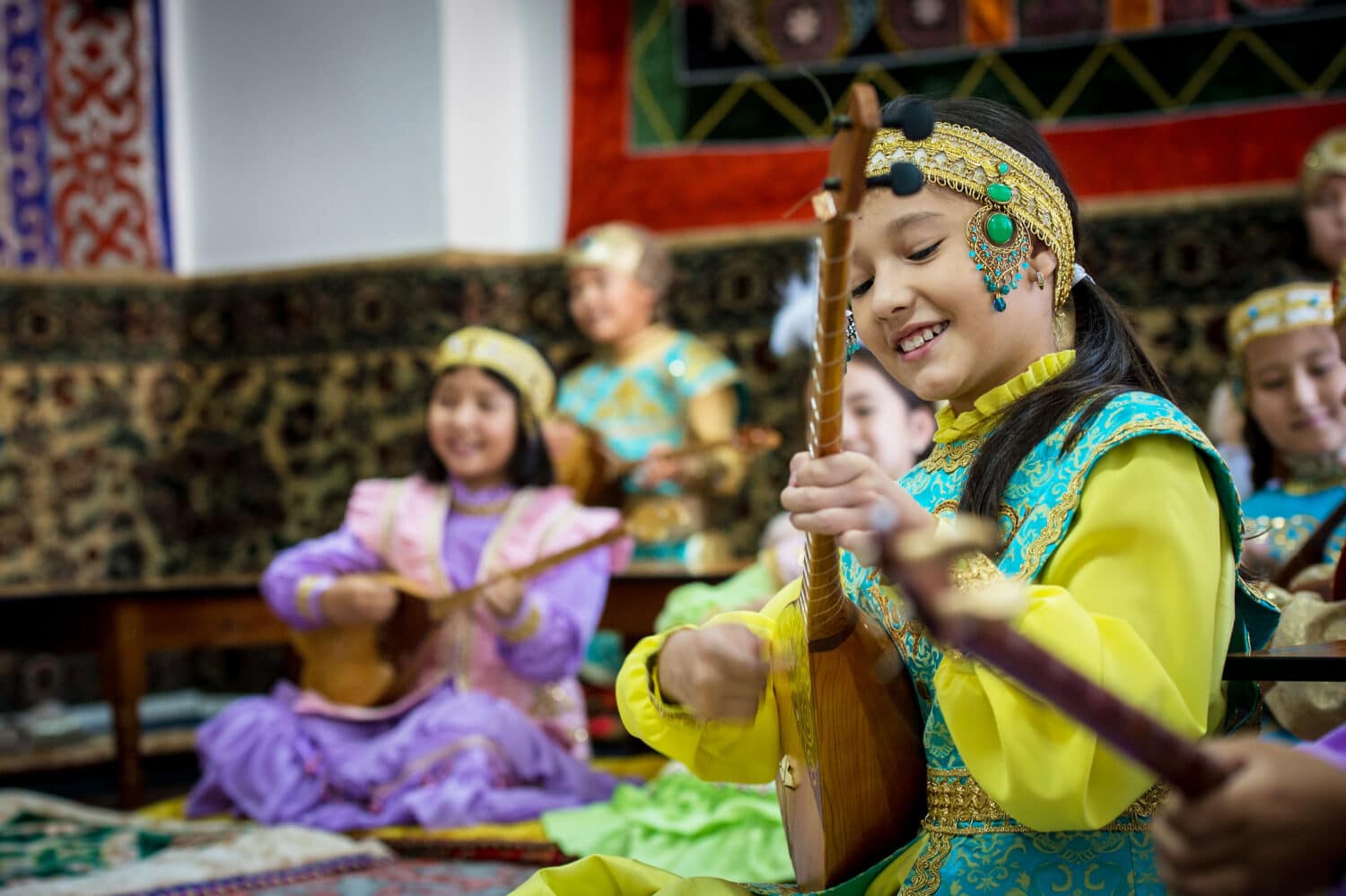
The Dombyra: The Kazakh’s Musical Soul
The dombyra (домбыра) is a lute-style instrument. It is an ancient and quintessential piece of Kazakh culture and identity. In its most popular form, the dombyra has two-strings strung down a long, skinny neck and a pear-shaped body, flat at the front and rounded on the backside. The standard English spelling of dombra is taken […]
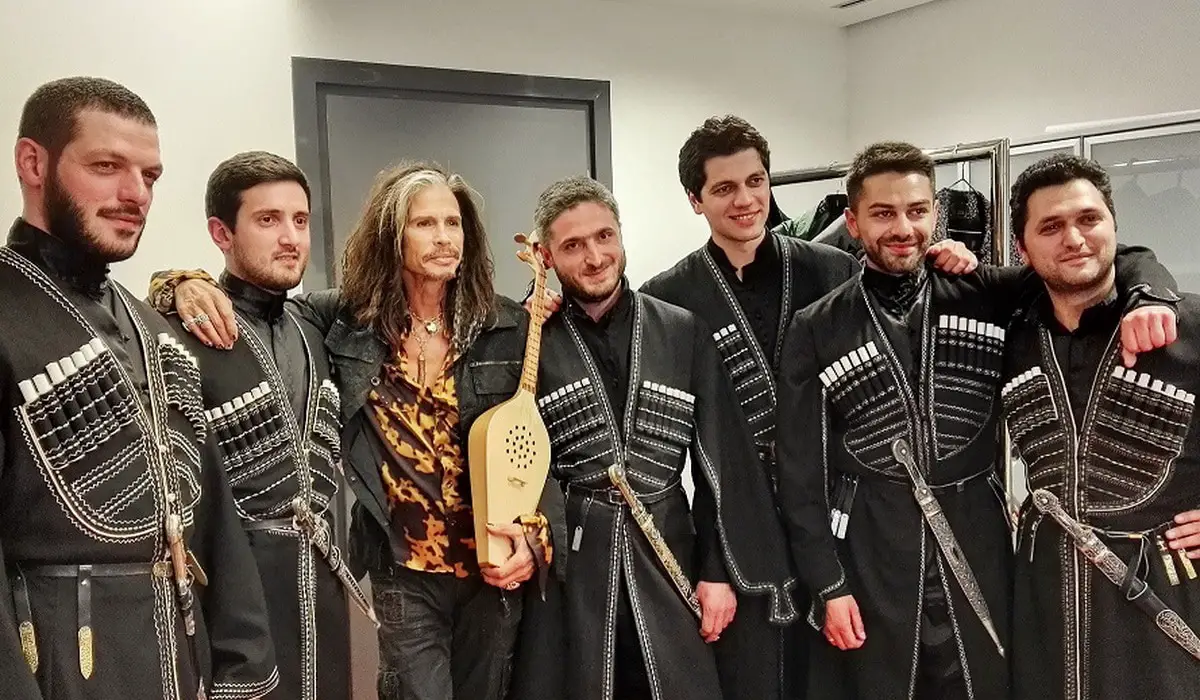
Six Georgian Bands Bringing Traditional Polyphony into the Pop Music Age
Georgian polyphonic singing, added to the UNESCO Representative List of the Intangible Cultural Heritage of Humanity, is a musical technique in which a single song has several melodies, each sung concurrently, with no one tune dominating the others. In Georgia, the style varies by region, but the practice reflects both military, folk, and religious culture. […]
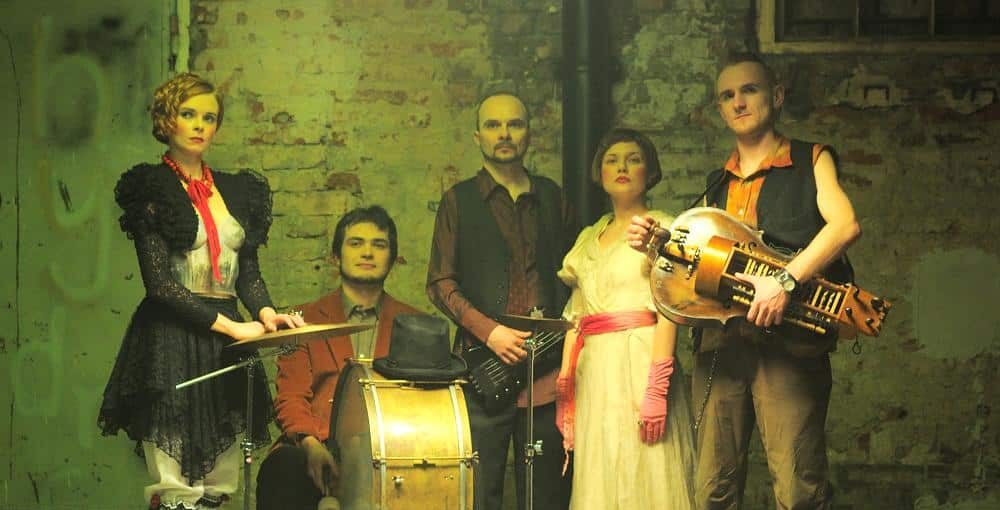
Żywiołak: Pagan Rock from Poland with a Modern Mindset
Żywiołak, initially formed in Warsaw in 2005, is a Polish folk rock band steeped in mythos. Its name references the Elemental, a magical being said to harness the power of nature in the form of air, fire, water, or earth. Their lyrics sing of epic battles (in Wojownik, or Warrior) and explore the traditions of […]



